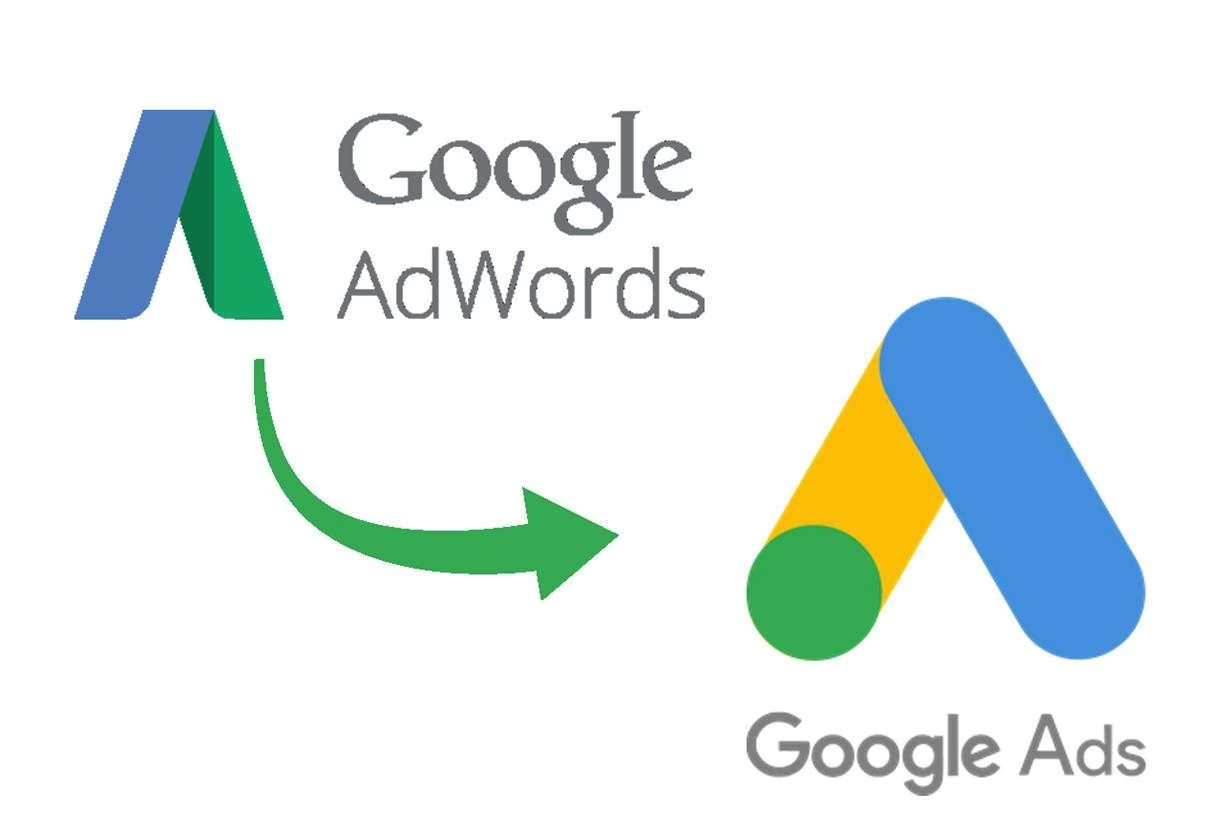In paid search advertising, the ability to measure the effectiveness of your campaigns is paramount. If you’re an Amazon seller using Google Ads to promote your products or store on Amazon. You’re likely no stranger to the challenge of tracking the performance of Google Ads and understanding its impact on your Amazon sales. Thankfully, there’s a game-changing solution at your fingertips. In this comprehensive guide, we’ll look into how Amazon Attribution can help measure the success of your Google Ads campaigns on Amazon. We’ll explore two ways to enable attribution: doing it all manually and utilizing Amazon Ads APIs. These methods cater to different needs and preferences, empowering you to make informed decisions and optimize your advertising strategies. So, whether you’re already running Google Ads campaigns for your Amazon products or planning to do so, read on to discover how you can leverage Amazon Attribution to boost your conversions and sales to new heights.
What Is Amazon Attribution?
Amazon Attribution is a tool that enables you to track, attribute, and optimize your non-Amazon marketing campaigns, allowing you to grow your Amazon business.
Specifically, the tool provides analytics insight into how non-Amazon marketing channels like search, social media, display, PPC, and email marketing impact sales on Amazon. It can also track traffic sent to a different website that ultimately converts on Amazon.
Access to Amazon Attribution is available through either the platform’s self-service console or through tools that already integrate with the Amazon Advertising API.
What Does Amazon Attribution Cost?
Amazon Attribution is available for free, which is great news for e-commerce owners.
Who Can Use Amazon Attribution?
Amazon Attribution is currently only available to sellers enrolled in Amazon Brand Registry, vendors, KDP authors, and agencies that have clients who sell products on Amazon. Users must be based in one of the following countries:
- U.S.
- Canada
- Mexico
- Germany
- Spain
- France
- Italy
- The Netherlands
- Portugal
- UK
- Egypt
What Can You Track Using Amazon Attribution?
Amazon Attribution lets you track a range of metrics that can impact e-commerce sales, including:
- Clickthroughs
- Impressions
- Detailed page views
- Purchase rate
- Add to cart
- Total sales
How Does Amazon Attribution Work?
Amazon Attribution uses parameterized URLs—essentially a tracking URL. When users click on the link and go to your store, Amazon can track precisely what they do.
It’s a bit like a combination of Facebook’s Pixel and Google Analytics. Everything users do once they click on your ad is tracked, and you can see it all in an easy-to-use dashboard.
What Can’t Amazon Attribution Do?
The only problem with Amazon Attribution is that you can’t send data back to ad channels. And that means you can’t use Amazon Attribution for retargeting purposes. This is different from the Facebook Pixel, which lets you use data collected by Meta to retarget people in new campaigns.
Unfortunately, Amazon doesn’t like you taking customers away from its platform. It also means you can’t use data from Amazon Attribution to fuel the automatic optimization features on Google and Facebook Ads.
4 Amazon Attribution Features You’ll Want to Try
Amazon Attribution isn’t just a URL tracking tool. It has several features marketers will want to leverage.
1. Full-Funnel Amazon Analytics
Amazon Attribution significantly increases the number of sales funnel data brands have access to. You’re not limited to conversion data alone. Instead, Amazon lifts the curtain on how consumers interact with your product on their platform, providing metrics like clicks, detailed page views, and how many times customers add your product to their basket.
2. On-Demand Amazon Conversion Metrics
You can see campaign performance as and when it happens. Real-time reporting enables marketers to optimize their campaigns faster than ever before.
3. Customer Insights
Because of the wealth of metrics Amazon Attributes provides, marketers can understand how users behave once they arrive at their store. Are they adding the product to their basket as soon as they land on a page? Do they find a different product they prefer? Do they not buy anything at all? Amazon Attribution lets you answer all those questions and more.
4. Separate Tracking for Each Advertising Channel
Amazon Attribution enables marketers to create distinct tags for each marketing channel. Facebook Ads, Google Ads, blog posts, social media posts, it doesn’t matter. You can make hundreds of tags, so you always get granular detail on the performance of every channel.
Why Is Amazon Attribution Such a Big Deal?
It’s not an overstatement to say Amazon Attribution could become a transformational tool for sellers and vendors. Before the tool was created, tracking off-Amazon marketing campaigns was an absolute nightmare.
There was simply no way to differentiate traffic from separate marketing channels. It was all dumped together.
Let’s say you made 500 sales, and you know that your own Amazon ads generated 100 of them. That leaves 400 sales that could have come from any marketing channel or even through an organic Amazon listing.
Do you see what a problem that is for marketers trying to find the best channel? There’s no way they can tell.
Amazon Attribution changes everything completely. Now, marketers and brands can see precisely where each sale comes from, and that comes with numerous benefits.
4 Benefits of Using Amazon Attribution
“Why use Amazon Attribution in the first place?” I hear some of you ask. There are several reasons eligible brands should start using Amazon Attribution immediately. Here are my top three.
1. It Gives You Full-Funnel Analytics
If you run multiple marketing campaigns, keeping track of everything in one place is vital. That’s what Amazon Attribution gives you in the form of full-funnel attribution. You can measure the impact of all of your campaigns, how they interact with each other, and the extent to which they drive traffic to Amazon. Amazon Attribution covers all standard traffic metrics (impressions and clicks), but also Amazon-related metrics such as Add to Cart Clicks and purchases.
2. It Identifies the Most Valuable Marketing Channels
It’s not always easy to calculate the ROI of your non-Amazon marketing efforts, especially if you use multiple channels. Amazon Attribution allows sellers to see precisely which advertising efforts drive the most sales and provide the highest ROI. With a clear picture of what’s working and what’s not, store owners can focus on their most profitable channels.
3. It Optimizes Existing Campaigns
Amazon Attribution lets you understand how users interact with your store and the broader Amazon ecosystem. If traffic from one demographic converts better than others, you can optimize your existing campaigns to drive more users that do convert and fewer of those that don’t. Without Amazon Attribution, retailers have no way of knowing which campaigns are driving the most traffic to their store and no way of knowing which campaigns they should scale or optimize to improve their ROI.
4. It Can Drive More Sales
Some sellers may find the concept of sending external traffic to Amazon strange, but it’s becoming increasingly important. Amazon is becoming increasingly dominant in e-commerce. At the same time, the price of sponsored ads on the platform continues to rise.
How to Set Up Amazon Attribution
The first step to getting started with Amazon Attribution is to fill out a signup form and log in to your account.
Once your account has been approved and set up, you can start matching products to the campaigns you’re tracking:
- Create a tag by clicking on the relevant advertiser’s name.
- Click “New order.”
- Select the “Set up an order” parameter.
- Select the product you want to link to by searching for it and clicking “Add.”
- Give a name and external ID to your attribution tag. I recommend being as apparent as possible with your name, so you know which link is which. Don’t forget you’ll have a separate tag for each of your products.
- Choose where you’re going to place this link: Facebook, AdWords, etc.
- The clickthrough URL is the URL of your product. Find your product on Amazon, copy the URL, and paste it into this field.
- Click “Create,” and you’re done. You can now copy the Amazon Attribution tag and begin using it in your content.
FAQs
What is Amazon Attribution?
Amazon Attribution is a measurement and analytics tool that allows advertisers to track the performance of their off-platform advertising campaigns across various channels and devices, including social media, search engines, email, and display ads.
What is the benefit of Amazon attribution?
The main benefit of using Amazon Attribution is that it allows you to track the performance of your advertising campaigns across multiple channels and devices, giving you a more complete picture of your ad performance. This, in turn, enables you to make more informed decisions about your ad spend and optimize your campaigns for maximum ROI.
What are the main use cases of Amazon attribution?
You can use Amazon Attribution to measure the effectiveness of your off-platform marketing campaigns, identify the most effective marketing channel for driving Amazon sales, and optimize your existing campaigns to drive more sales.
Is Amazon Attribution free to use?
Yes, Amazon Attribution is free to use for Amazon advertisers. However, there may be additional costs associated with running your advertising campaigns on other platforms.
Can I use Amazon Attribution with non-Amazon products?
No, Amazon Attribution is specifically designed to measure the performance of Amazon products and cannot be used to track the performance of non-Amazon products.
Conclusion
Amazon Attribution is the best way to track how off-site traffic performs on the Amazon platform. If you run external marketing campaigns for your Amazon store and are serious about optimizing your Amazon store, then Amazon Attribution is a must.
Not only can you optimize your marketing campaigns, but you can also increase conversions.





5 comments
Nice blog here Also your site loads up very fast What host are you using Can I get your affiliate link to your host I wish my site loaded up as quickly as yours lol
I use vps hosting
I do not even know how I ended up here but I thought this post was great I do not know who you are but certainly youre going to a famous blogger if you are not already Cheers
Thank you for being nice
Usually I do not read article on blogs however I would like to say that this writeup very compelled me to take a look at and do so Your writing taste has been amazed me Thanks quite nice post